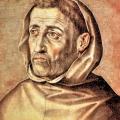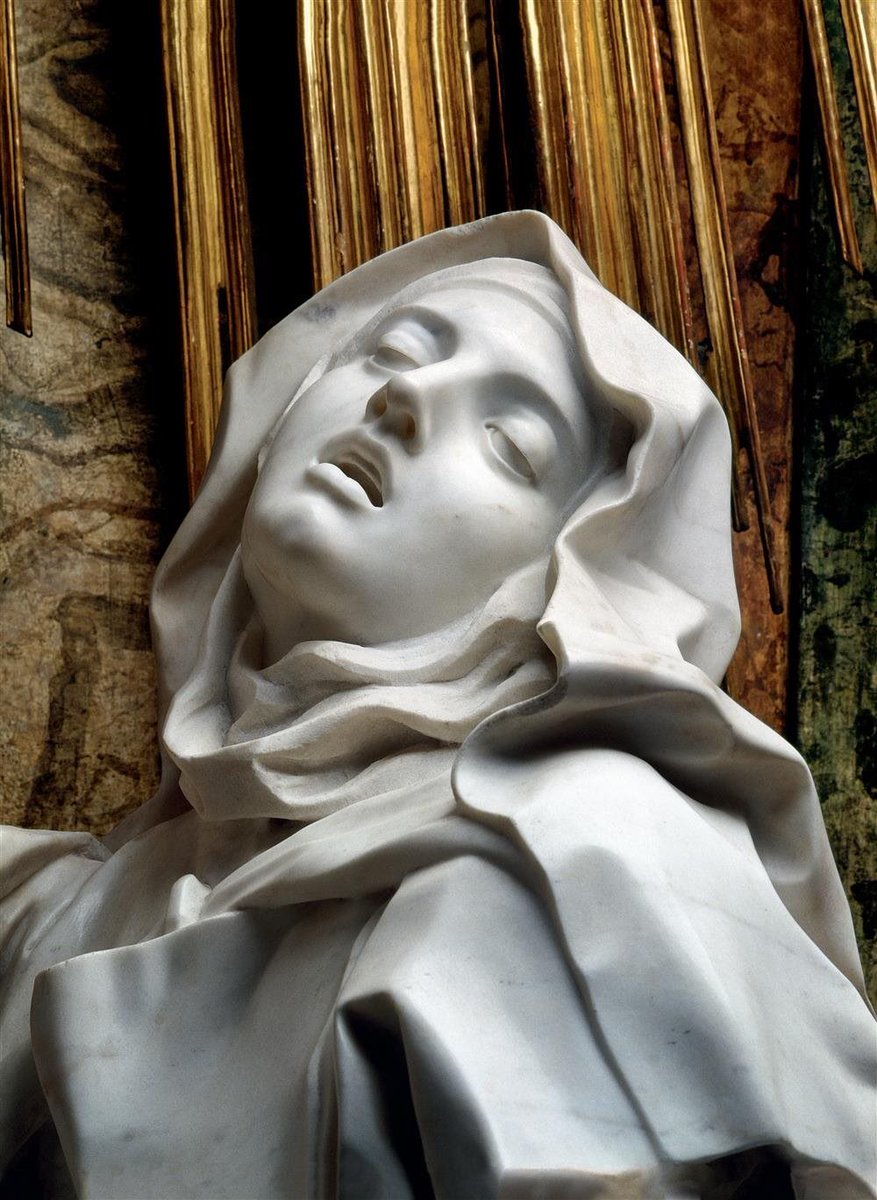444. The Dark Night Rises: Spanish Mysticism
Teresa of Ávila and John of the Cross push the boundaries of individual spirituality and offer philosophically informed accounts of mystical experience.
Themes:
• J.M. Cohen (trans.), The Life of Saint Teresa of Ávila (London: 1957).
• M.E. Giles (trans.), Francisco de Osuna: Third Spiritual Alphabet (New York: 1981).
• K. Kavanaugh and O. Rodriguez (trans.), The Collected Works of St John of the Cross (Washington DC: 1991).
---
• G.T.W. Ahlgren, Teresa of Avila and the Politics of Sanctity (Ithaca NY: 1996).
• M. Bengert and I. Roebling-Grau (eds), Saint Teresa: Critical Insights, Filiations, Responses (Tübingen: 2019).
• J.A. Boon, The Mystical Science of the Soul: Medieval Cognition in Bernardino de Laredo’s Recollection Method (Toronto: 2012).
• G. Brenan, St John of the Cross: His Life and Poetry (Cambridge: 1973).
• C. Eire, The Life of Saint Teresa of Avila (Princeton: 2019).
• A. Hamilton, Heresy and Mysticism in Sixteenth-Century Spain: the Alumbrados (Cambridge: 1992).
• S. Hole, John of the Cross: Desire, Transformation, and Selfhood (Oxford: 2020).
• E.W. Howells, John of the Cross and Teresa of Avila: Mystical Knowing and Selfhood (New York: 2002).
• H. Kallendorf (ed.), A New Companion to Hispanic Mysticism (Leiden: Brill, 2010).
• S.L. Payne, John of the Cross and the Cognitive Value of Mysticism (Dordrecht: 1990).
• E.A. Peers, Handbook to the Life and Times of St. Teresa and St. John of the Cross (London: 1954).
• P. Tyler and E. Howells (eds), Teresa of Avila: Mystical Theology and Spirituality in the Carmelite Tradition (Abingdon: 2017).
• A. Weber, Teresa of Avila and the Rhetoric of Femininity (Princeton: 1990).





Comments
Episode 450 special
We're approaching episode 450 soon, do you plan on doing anything special regarding it?
In reply to Episode 450 special by dukeofethereal
450
Yes! In fact I have started reading for it, but it's a surprise. Hint: it has to do with visual arts.
Hayy ibn Yaqzan & meditation
3:10–4:30ish, on the challenges (and risks) of silent meditation, reminded me of one of my favourite bits from Hayy ibn Yaqzan (this is the 1708 Simon Ockley translation):
So he was very intent for a time upon that Being; but he could not ſtay there long, before ſome ſenſible Object or other would preſent it ſelf, either the Voice of ſome wild Beaſt would reach his Ears, or ſome Phantaſy affected his Imagination; or he was touch'd with ſome Pain in ſome Part or other; or he was hungry, or dry, or too cold, or too hot, or was forc'd to riſe to eaſe Nature. So that his Contemplation was interrupted, and he remov'd from that State of Mind: And then he could not, without a great deal of difficulty, recover himſelf to that State he was in before; and he was afraid that Death ſhould overtake him at ſuch a time as his Thoughts were diverted from the Viſion, and ſo ſhould fall into everlaſting Miſery, and the Pain of Separation.
A song
I loved this episode. The místicos are still a huge influence in Spain that goes way beyond academic circles and into popular culture.
As a sign of this, let me share with you San Juan de la Cruz's poem La Fuente ("The Source"), a poem about finding God at the darkest of the long night of the soul, sang by famous singer Rosalía:
https://youtu.be/6s-MQzPZ6IE?si=e19RyX8mAuzaMaKk
Add new comment